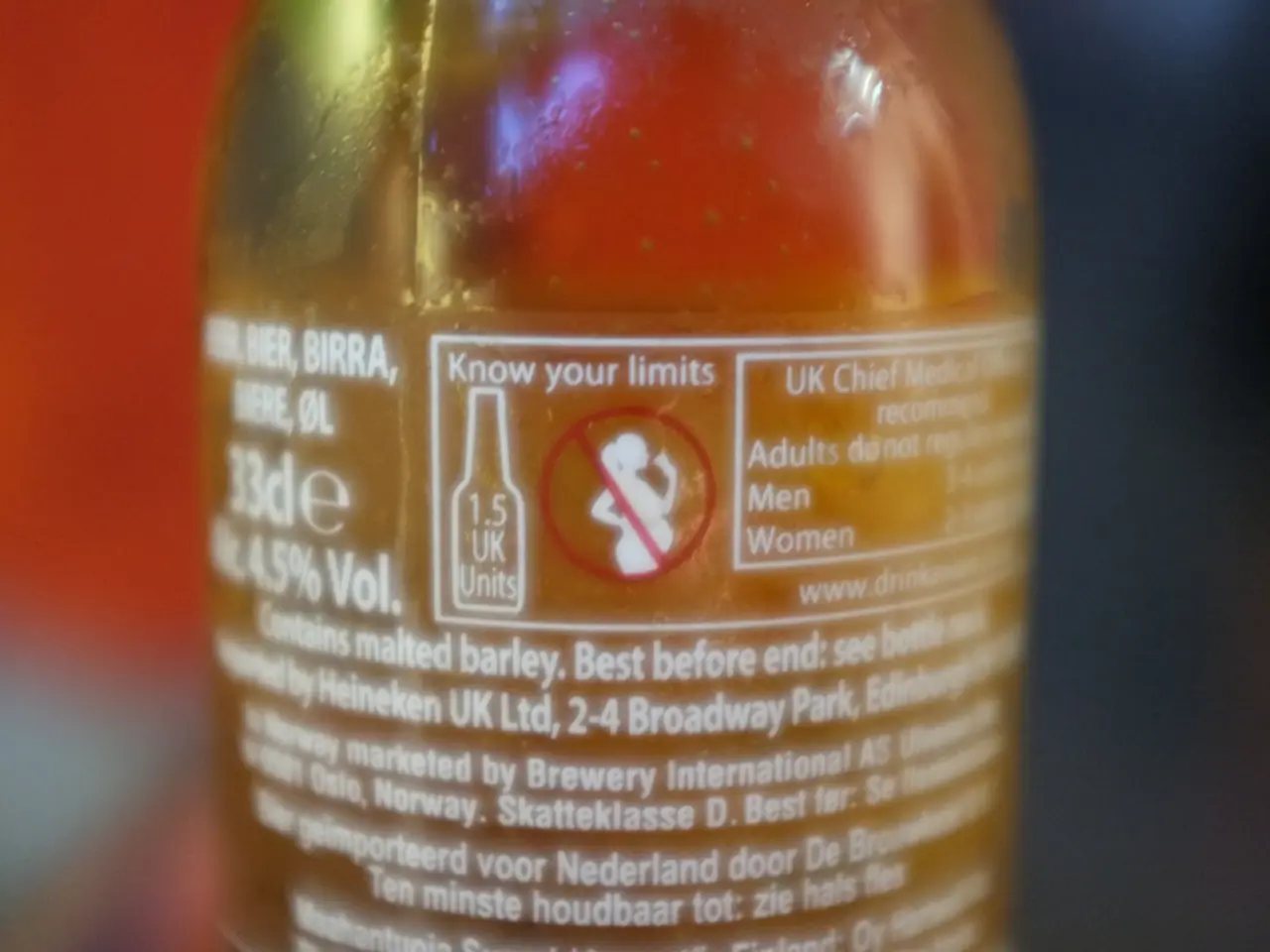Federal regulatory body intends to intervene against kratom, a powerful substitute for opioids
The U.S. Department of Health and Human Services (HHS) is planning to take action against a potent compound derived from kratom, known as 7-hydroxymitragynine (7-OH). This move comes in response to growing concerns over the high potential for abuse and opioid-like effects of 7-OH, which has been dubbed "legal morphine" by researchers.
The FDA has recommended scheduling 7-OH products under the Controlled Substances Act, aiming to restrict their availability. The focus is on concentrated or synthetic forms with elevated levels of 7-OH, while natural kratom leaf products themselves are not the target of these regulatory measures.
The increased popularity and marketing of kratom extracts with high 7-OH levels have raised red flags. These products, often found in convenience stores and gas stations across the U.S., are seen as potentially dangerous and lacking proven medical benefits. Despite kratom’s longstanding use as a herbal medicine and its availability largely unregulated across the U.S., the government continues to assert there is no legitimate medical use for kratom or its components under current standards.
The FDA is actively warning consumers against using kratom or 7-OH products for medical treatment without FDA approval. The agency is also monitoring emerging data on safety and efficacy.
In a significant step toward clarifying and tightening controls on these potent kratom-derived substances, a press conference scheduled for Tuesday will include remarks from HHS Secretary Robert F. Kennedy Jr. and kratom advocate Melody Woolf.
The FDA has accused seven companies of illegally marketing 7-OH products as dietary supplements or unapproved drugs. It's important to note that 7-OH is a highly concentrated substance synthesized from a compound in the kratom leaf.
Christopher McCurdy, a professor of medicinal chemistry at the University of Florida, described 7-OH products as "essentially legal morphine being sold over the counter." The federal focus remains specifically on restricting enhanced 7-OH products due to their increased abuse risk, rather than whole kratom leaf or low-level naturally occurring 7-OH in kratom.
This nuanced approach reflects an attempt to balance public health protection against overbroad bans on kratom as a whole. In summary, the U.S. regulatory landscape is evolving to ban or control highly concentrated 7-OH opioid products derived from kratom, motivated by abuse and safety concerns, while natural kratom leaf remains largely unregulated federally.
- The debate surrounding kratom supplements, a herbal medicine with elevated levels of 7-hydroxymitragynine (7-OH), appears to concentrate on the potential risks associated with these potent substances, particularly in concentrated or synthetic forms.
- The health and wellness industry, including mental health, is being encouraged to exercise caution when promoting kratom and 7-OH products as therapies and treatments, as the FDA has yet to approve their medical benefits.
- In the realm of medical-conditions and chronic diseases, the government's stance is that there is no legitimate medical use for kratom or its components under current standards, with the focus being on restricting the abuse-prone enhanced 7-OH products.
- Nutritional approaches that incorporate kratom or 7-OH products are advised against, as the FDA is engaged in ongoing surveillance of their safety and efficacy, aiming to protect consumers from potential harm.




